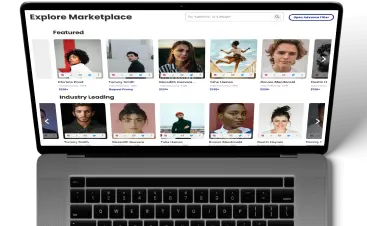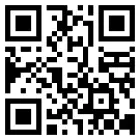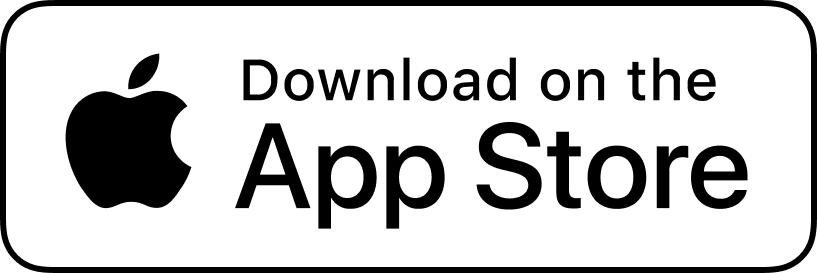What is a B2B (Business-to-Business)?
B2B, commonly known as “business-to-business”, is a term used to describe commercial transactions that occur between two companies. B2B transactions involve exchanging products, services, or information between companies, with one company as the supplier or vendor and the other as the buyer or customer.
Understanding the dynamics of B2B transactions is crucial for all companies. It enables them to effectively cater to the needs of their clients and build successful partnerships within the industry. By leveraging B2B strategies and solutions, influencer software companies can drive growth, innovation, and success in the rapidly evolving landscape of influencer marketing.
Business-to-business (B2B) transactions facilitate the exchange of goods, services, and expertise between companies. B2B transactions occur between two companies, where one acts as the buyer or customer and the other as the supplier or vendor.
Understanding how B2B transactions work is essential for companies operating in various industries, as it enables them to navigate the complexities of procurement, negotiation, and collaboration with other businesses. Let’s explore the intricacies of B2B transactions, from initial needs identification to contract signing, fulfillment, and post-sales support.
Let’s delve into the dynamics of B2B transactions and understand the steps involved in conducting successful business transactions between companies.
Identification of Needs
B2B transactions typically begin with one business identifying a need or requirement for a particular product, service, or solution to support its operations or meet its company objectives.
Research and Evaluation
The buying business then researches to identify potential suppliers or vendors who can fulfill its needs. This may involve comparing options, evaluating product features, pricing, and reputation, and gathering information about the suppliers’ capabilities and offerings.
Request for Proposal (RFP) or Quotation
Once the buying business has shortlisted potential suppliers, it may issue a Request for Proposal (RFP) or request a quotation from each supplier. This document outlines the requirements, expectations, and criteria the supplier must meet to win the contract.
Negotiation and Agreement
The buying business and the selected supplier negotiate to finalize the agreement’s terms, including pricing, payment terms, delivery schedules, and other relevant terms and conditions. Both parties may make concessions and adjustments to reach a mutually beneficial agreement.
Contract Signing
Once the negotiations are complete and both parties are satisfied with the terms, they sign a contract or agreement formalizing the business relationship. The contract outlines the rights, responsibilities, and obligations of each party, as well as the terms of the transaction.
Fulfillment and Delivery
After the contract is signed, the supplier begins fulfilling the order by manufacturing or delivering the products, providing the services, or delivering the solution per the agreed-upon terms and schedule.
Payment and Invoicing
Upon delivery or completion of the agreed-upon milestones, the buying business pays the supplier according to the payment terms outlined in the contract. The supplier invoices the buying business for the products or services rendered.
Post-Sales Support
Following the transaction, the supplier may provide post-sales support, such as customer service, maintenance, training, or ongoing assistance, to ensure the smooth functioning of the products or services purchased by the buying business.
Overall, B2B transactions involve a series of steps, from identifying needs and selecting suppliers to negotiating terms, fulfilling orders, and providing ongoing support. Effective communication, collaboration, and trust between the buying business and the supplier are essential for successful B2B transactions.
Check out some other terms you may encounter in the Creator economy here.








